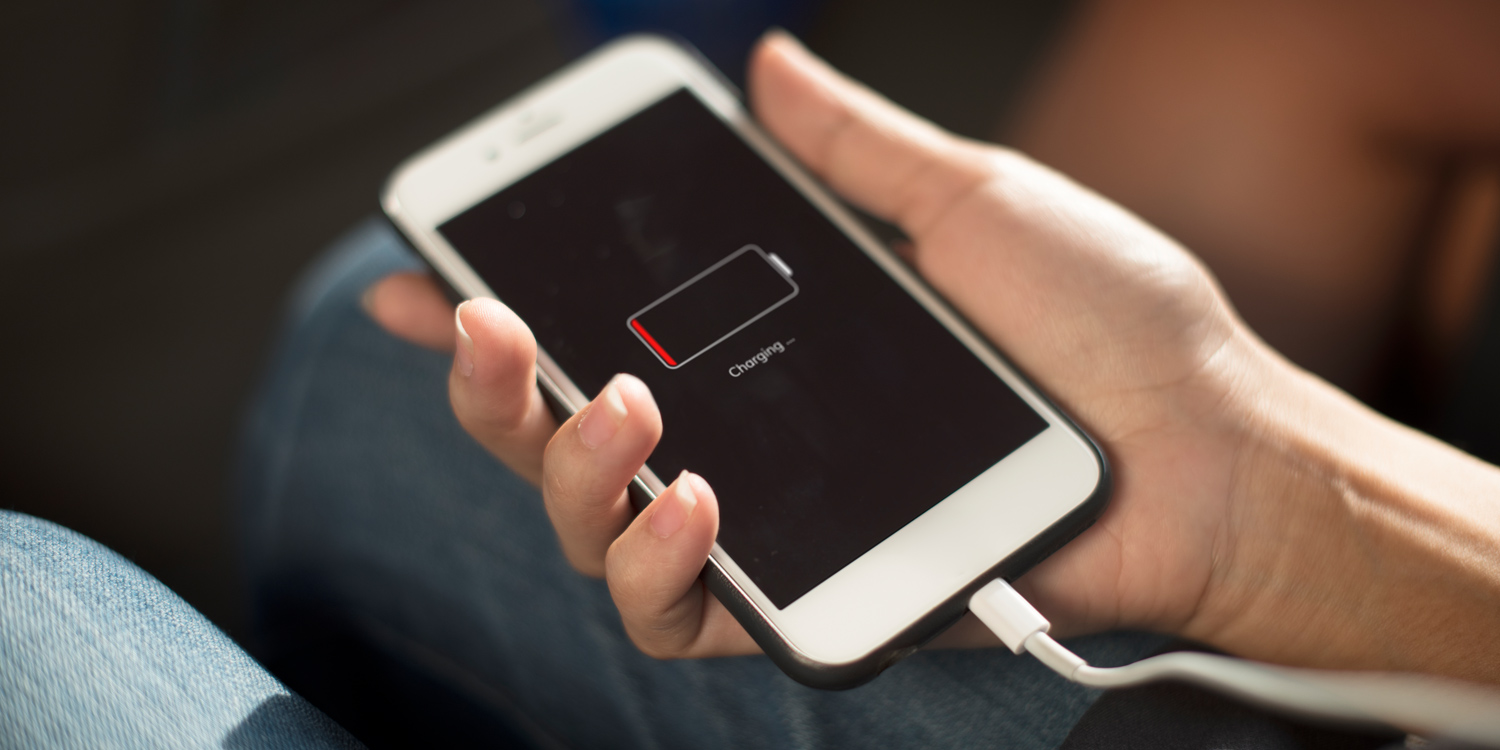Apple has agreed to a settlement of up to $500 million in response to a lawsuit leveled after the great ‘slowdown’ controversy of 2017.
Need a reminder? The lawsuit refers to Apple’s admission that iOS 11.2 would automatically throttle the performance of certain iPhones (6, 6 Plus, 6s, 6s Plus, SE, and in some cases, 7 and 7 Plus) once the battery had degraded past a certain point. This power management feature was designed to stop the random shutdowns sometimes caused by running high-performance tasks with a worn battery, but many have argued that Apple should never have implemented such a feature without user consent.
The feature is actually, we think, a good one – it still persists to this day in iOS, though it can now be disabled in the Battery Health section of Settings (along with plenty more useful data about your battery). The lawsuit takes issue with the fact that Apple introduced this change quietly with a software update in 2017, with no way to turn it off, leading many users to suddenly notice a performance drop they couldn’t control. The situation certainly wasn’t handled well, and Apple’s decision to not draw attention to the feature’s introduction led many to believe the whole thing was a ploy to sell more iPhones.
Of course, the fact that the slowdown hugely reduces the risk of crashes could in fact mean many users keep their old devices longer – but there’s certainly a group of people for whom the unexpected slowdown was the catalyst for an upgrade. There’s yet a third group who solved the problem by getting a new battery – much cheaper than a full upgrade, but still left some with the feeling they were forced into it by the software update.
Apple has not technically admitted any wrongdoing here, apparently agreeing to the settlement in order to avoid the cost and effort of further legal proceedings. The payout is set to be around $25 per affected user – not that much compared to buying a new iPhone – though that may vary up or down based on how many iPhones are calculated to be eligible. The payout will total a minimum of $310 million. It’s also worth noting the legal team behind this lawsuit is set to collect a cool $93 million for themselves.

